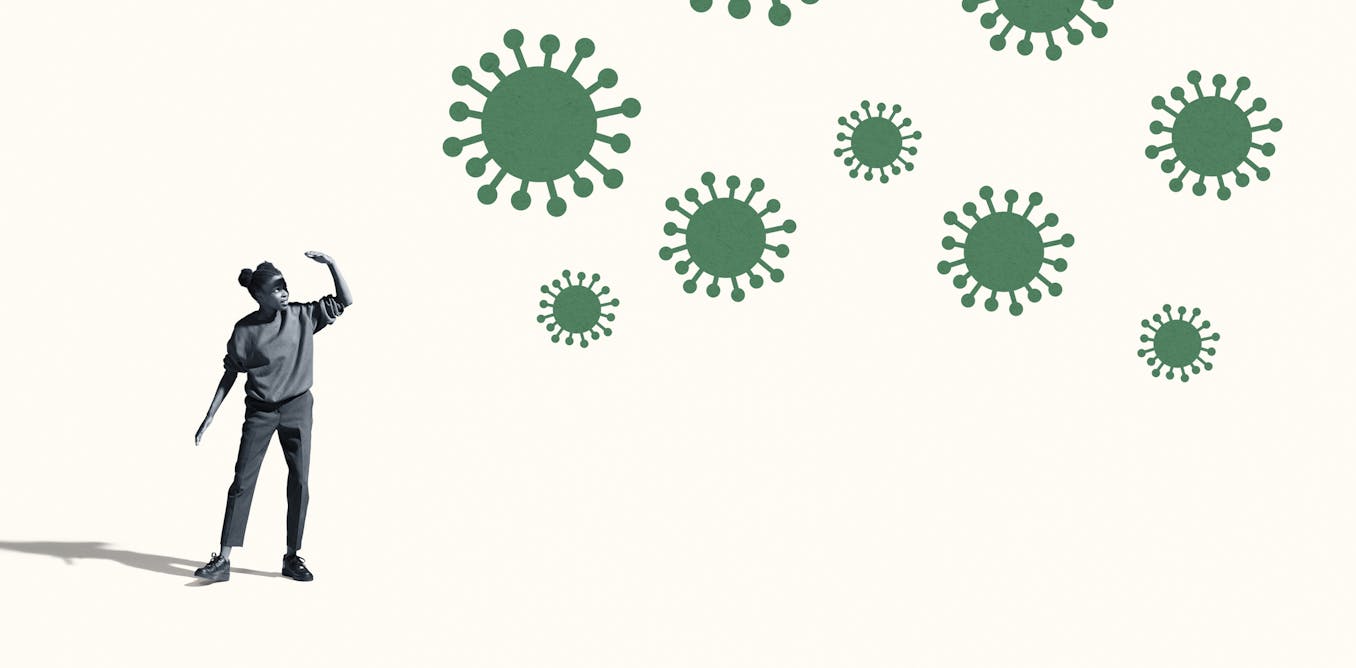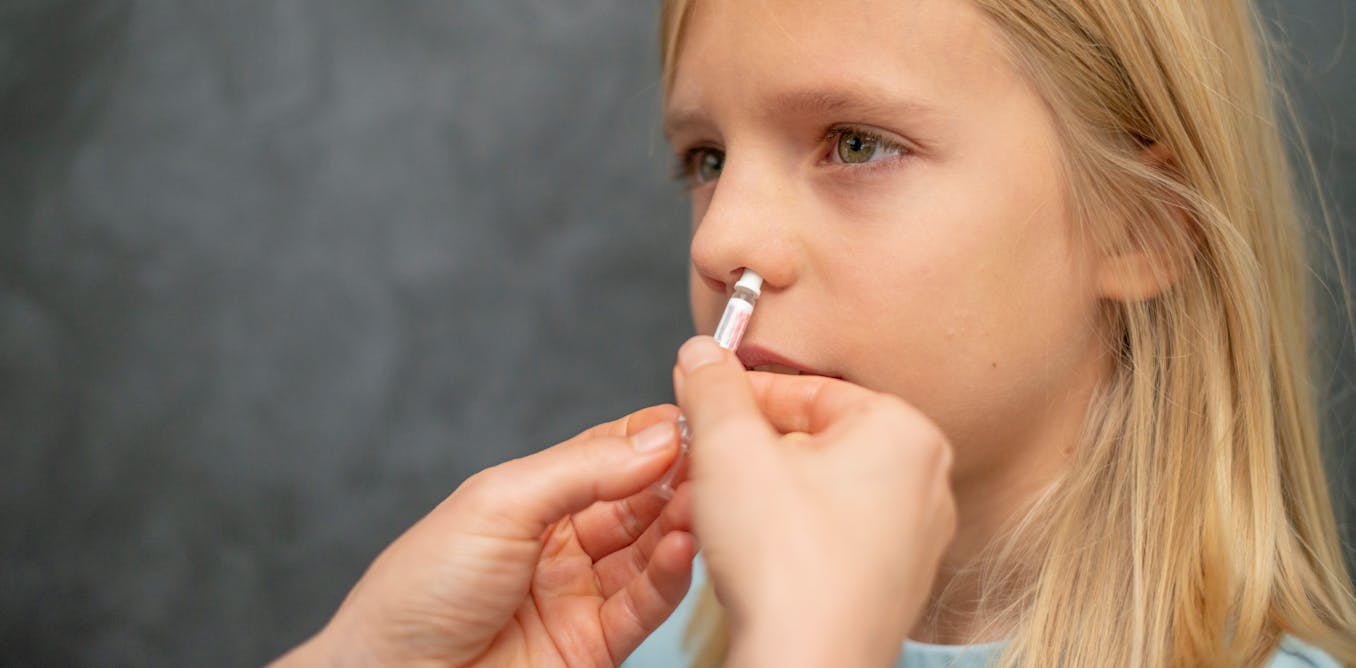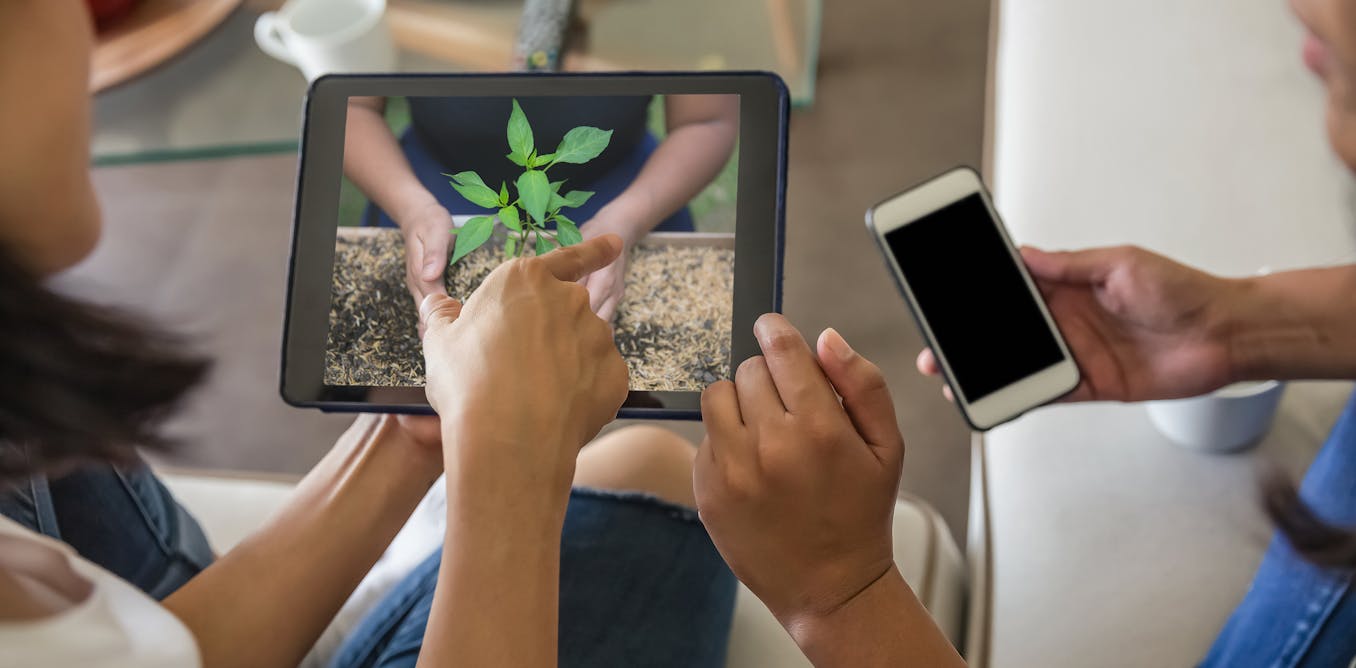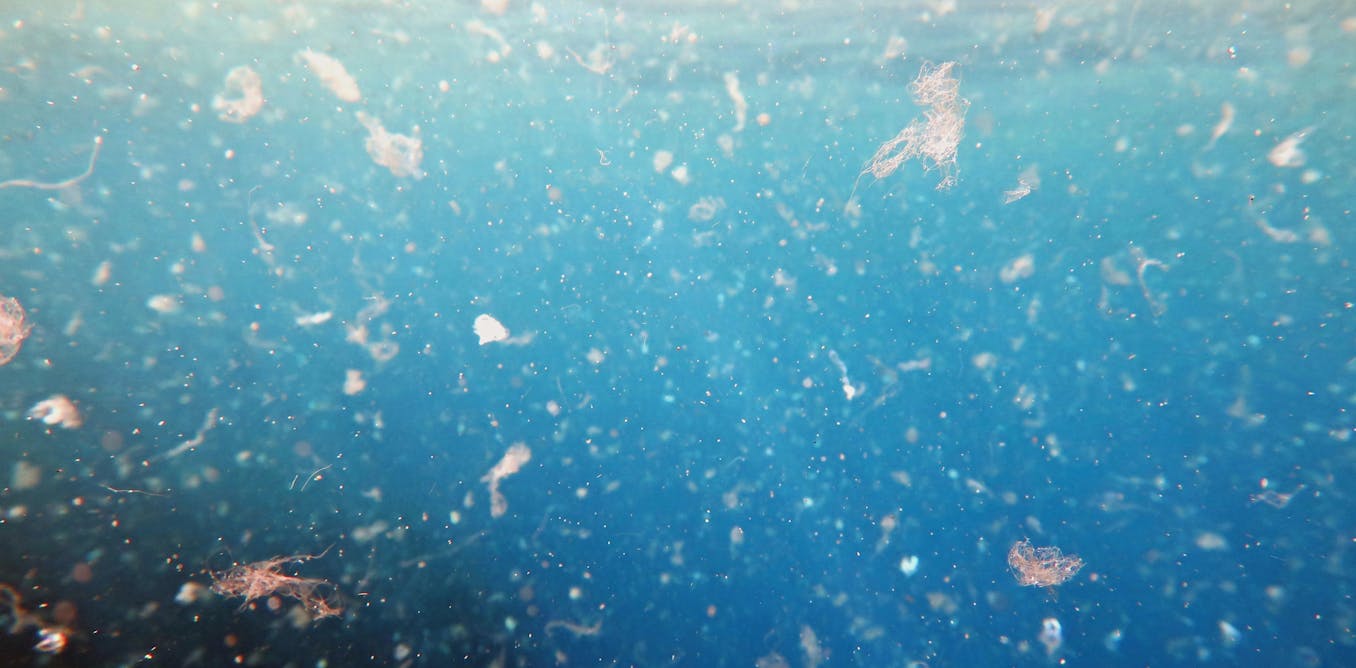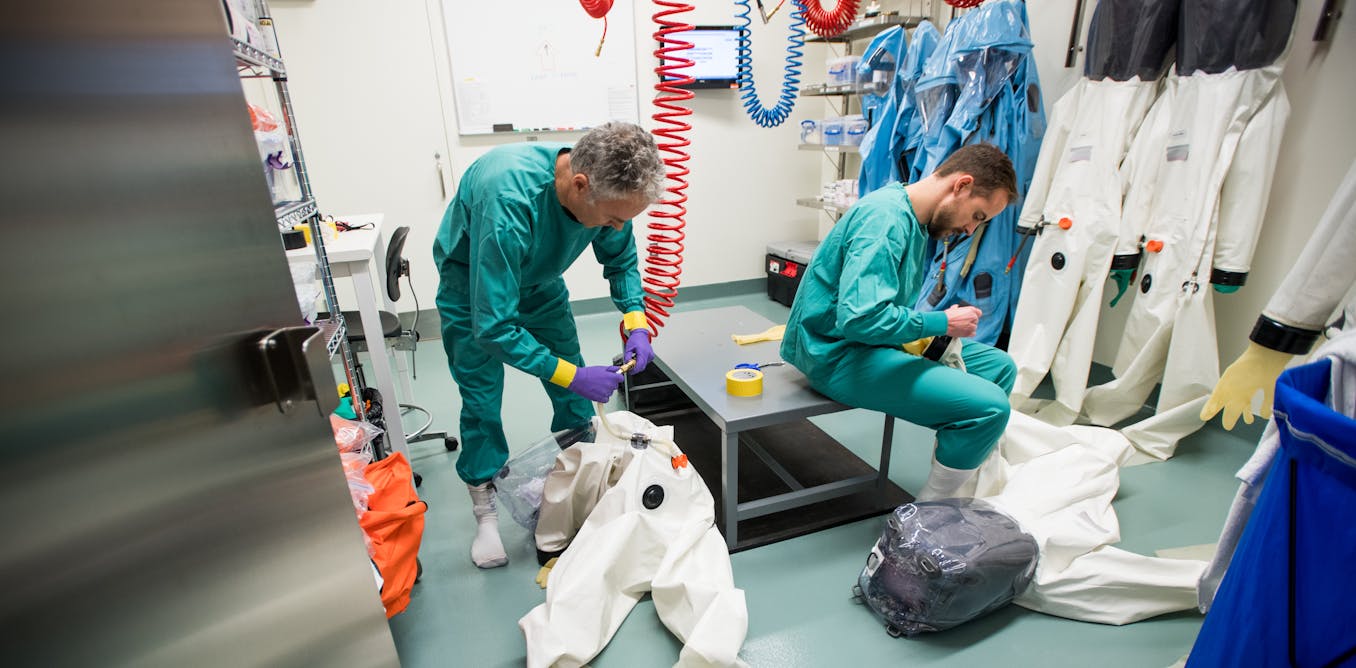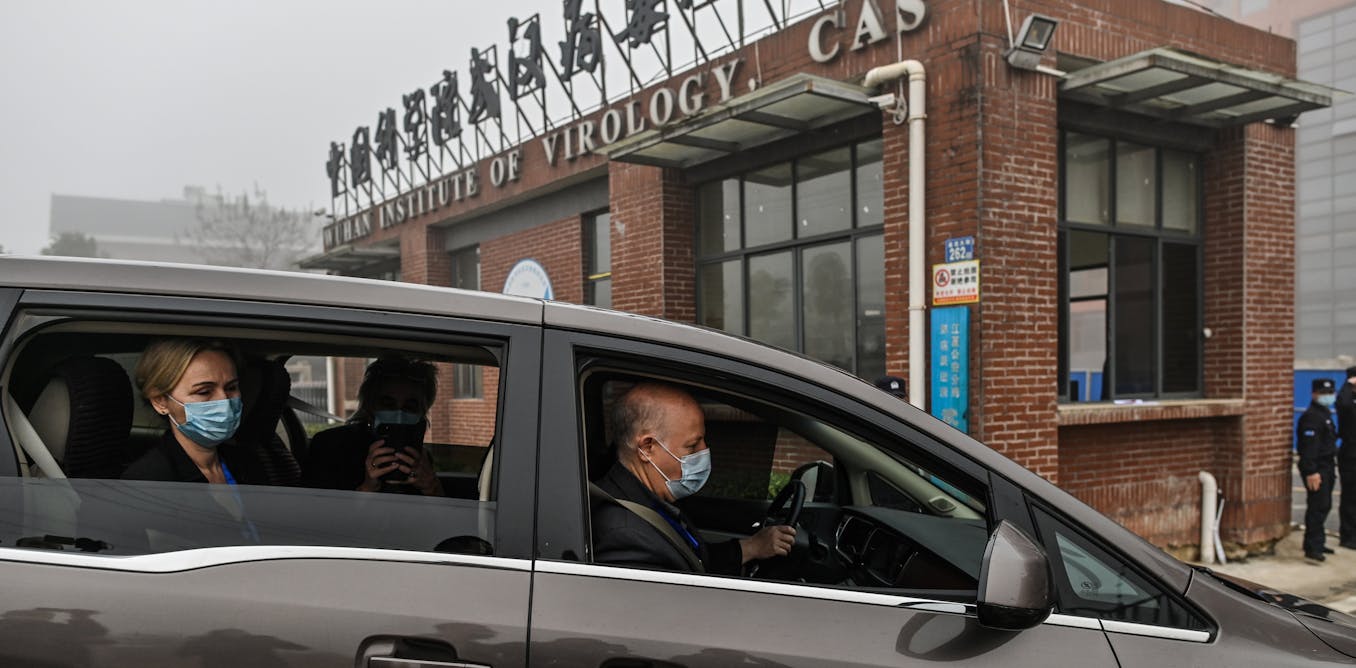What if every germ hit you at the exact same time? An immunologist explains
Your immune system is often able to fend off pathogens it’s never seen before. But defending your body against all of them all at once is a tough challenge.
Jan. 15, 2024 • ~8 min

